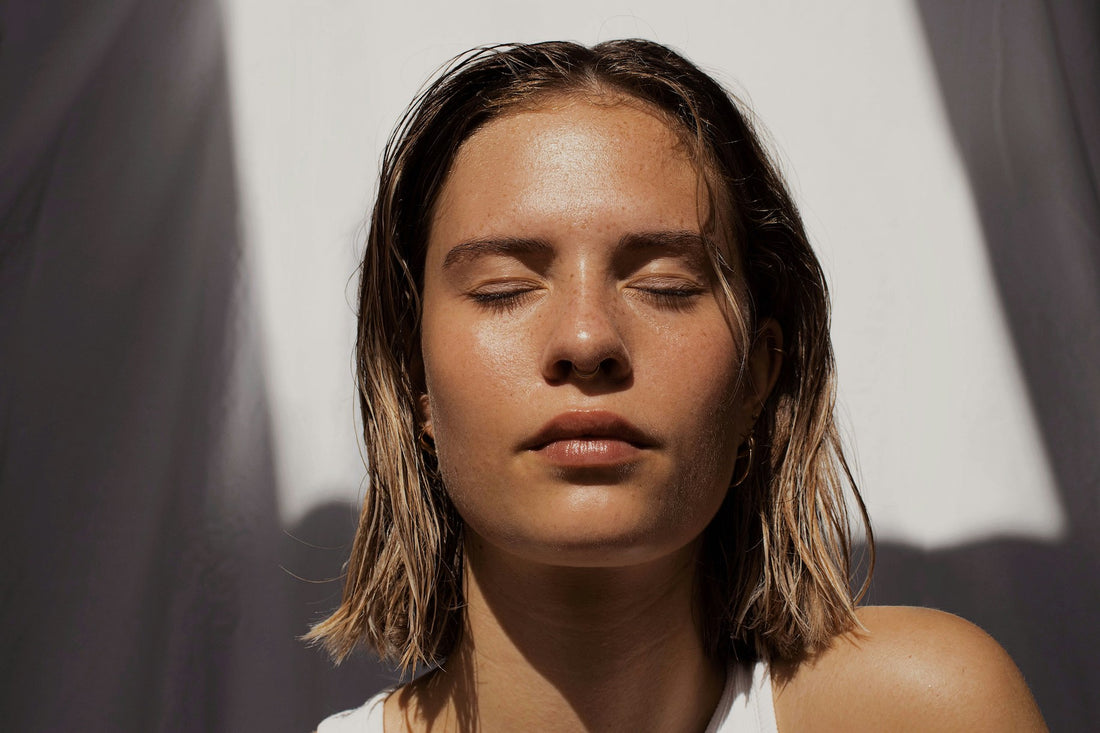While it may sound to the less beauty savvy as something you don't want to put anywhere your face, Hyaluronic acid helps hydrate the outer layers of skin, thereby improving the skin's appearance. Skin that's hydrated is touted as being more radiant and youthful-looking. It also assists with the wound healing and skin repair process and can act as an antioxidant to protect skin from damaging molecules called free radicals.

For the Hyaluronic acid, also known as hyaluronan, is a clear, gooey substance that is naturally produced by your body. The largest amounts of it are found in your skin, connective tissue and eyes. Its main function is to retain water to keep your tissues well lubricated and moist. Here are some facts about HA [Hyaluronic Acid] that you should know :
- It is naturally produced in the skin : Hyaluronic acid is a sugar molecule that occurs naturally in the skin, [and] it helps to bind water to collagen, trapping it in the skin, so that skin can appear plumper, dewier, and more hydrated
- Hyaluronic acid has a variety of uses : Many people take it as a supplement, but it's also used in topical serums, eye drops and injections. It is possible to inject hyaluronic acidinto the deeper layers of the skin to help restore lost volume, but used in creams and serums it can also do wonders for rejuvenation and hydration.
- Your skin's level of hyaluronic acid decreases with age : As we age, we lose collagen and hyaluronic acid naturally, so the skin becomes dehydrated more easily. Also, harsh weather, certain skin-care products, and underlying skin conditions can cause tiny breaks in the protective skin barrier, allowing water to escape, so if you're looking to maintain your moisture barrier and ramp up hydration levels, you may want to consider incorporating HA-laced products into your daily skincare routine.
- It is safe for every skin type : Hyaluronic acid has the word "acid"in its name, but there's no reason for sensitive skin types to tread lightly — it's safe for everyone. Hyaluronic acid is great for all skin types, in general, it is nonirritating and does not trigger acne, rosacea, or allergic skin reactions. There is, however, a small chance of any adverse side effects.
- Dry and/or mature skin benefit the most of Hyaluronic acid : Those with dry and/or more mature skinwill benefit the most from using hyaluronic acid, As we age, our bodies produce less of it, so replacing hyaluronic acid topically will make the most impact on those of us who are middle-aged and older.
- Other hydrating skin-care ingredients: Hydrating skin-care ingredients including hyaluronic acid, glycerin, colloidal oatmeal, urea, propylene glycol, and sorbitol all act as humectants that attract water to the skin in an effort to hydrate it. These ingredients are widely used in products such as moisturizers, eye creams, and serums, By using these products, like the ((ANTI-AGING and MOISTURIZING CREAM - MOROCCAN DELIGHT WITH ARGAN CHIPS, mint body mask, face scrub, face mask (velvet rose), facial delight cream, ANTI-WRINKLES LIFTING SERUM - INTENSE FIRMING.
Our skin is the largest organ in the body and absorbs up to 60 percent of nutrients we apply to it. You'll find bellow the products that include Hyaluronic Acid from Maison d'Asa

